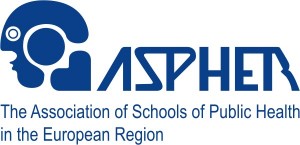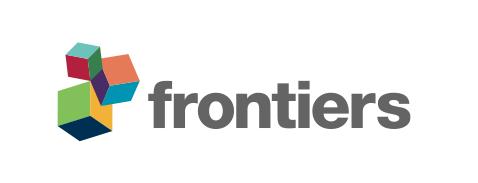
This project has been shortlisted for the DPH Innovation Prize – Best Partnership
Team: Maheswar Satpathy (University College London)
Outline: Background: Pre-Exposure Prophylaxis [PrEP] for HIV/STI Prevention has seen very poor uptake and adherence, and this has been complicated mostly due to lack of tools of monitoring. The use of SMS, otherwise known as text-messaging is widely available to assist patients with various health-related adherence issues such as attending appointments, remembering to take medication e.g. ART, and providing key links to information sources as in routine post-consultation management of STIs in the UK. It is therefore not surprising that the use of SMS for PrEP adherence has been shown to be a promising intervention.
Introducing the Intervention: PrEPmate, a combination intervention programme consisting of an SMS service and an anonymous password-protected online forum, developed by the EPIC (Enhancing PrEP in the Community) group after consultations with key stakeholder groups: MSM, FSW and youth. It is a bidirectional appointment and medication reminder system between clinics and their patients where individualised text message content can be set by the clinic or to patient preferences, to be personalised and culturally sensitive and/or discreet if desired. For use in a HIV service, it is advised that messages should avoid associations with HIV treatment as this can result in stigmatisation. PrEPmate takes account of this advice and incorporates health promotion and engagement material within its texts via fun facts and trivia to serve as a daily supply of ‘interesting and engaging’ information. The timing of texts can also coincide with PrEP administration, or again be set to work at a time that is best for the patient. The SMS service includes a weekly text message to ask for qualitative information about how PrEP is going, to which the patient can reply. This reply stored in a confidential and secured database is used for monitoring, and evaluation purposes. The clinic can access this information with patient permission, to discuss these responses as part of adherence counselling in consultations. A second SMS service is sent daily to patients to remind them to take their PrEP medication, and reminders will also be sent regarding upcoming clinic or blood test appointments.
Innovation in Context: The online component of PrEPmate consists of a private password-protected website for invitees only, whereby PrEP information, peer support and an anonymised online forum is present and can be utilised by PrEP users. Safe spaces for particular groups will also be included such as separate private sections for MSM, transactional sex workers and young women. The intention is to allow patients to discuss all PrEP or HIV-related issues, including difficulties with treatment and methods to improve adherence in a place where they feel comfortable to do so. The forum is moderated by the organisation to remove any harmful or inflammatory messages, any cases of identity revelation, and any other inappropriate information that may be posted. The website also consists of videos and testimonials from peers who are using PrEP to help patients through the journey and potentially answer questions they may have from someone they may relate to more than their healthcare providers.
Implications and Importance: Other key groups that can access PrEP clinics and PrEPmate include MSM, transactional sex workers, serodiscordant couples and staff. Analytic software will be used in conjunction with this service for monitoring and evaluation purposes, and six-month and yearly text messages will be sent out to ask for feedback on the services received. Once set up, the system will be fully integrated within the healthcare system, SMS messages are automated systems and can be operated by clinic managers. This tool, therefore, possesses significant potential for the resource-constrained societies to enhance monitoring, uptake and adherence to PrEP and improve the health system by a focus on capability development of health personnel, and has significant scope for health promotion using community mobilization techniques.










